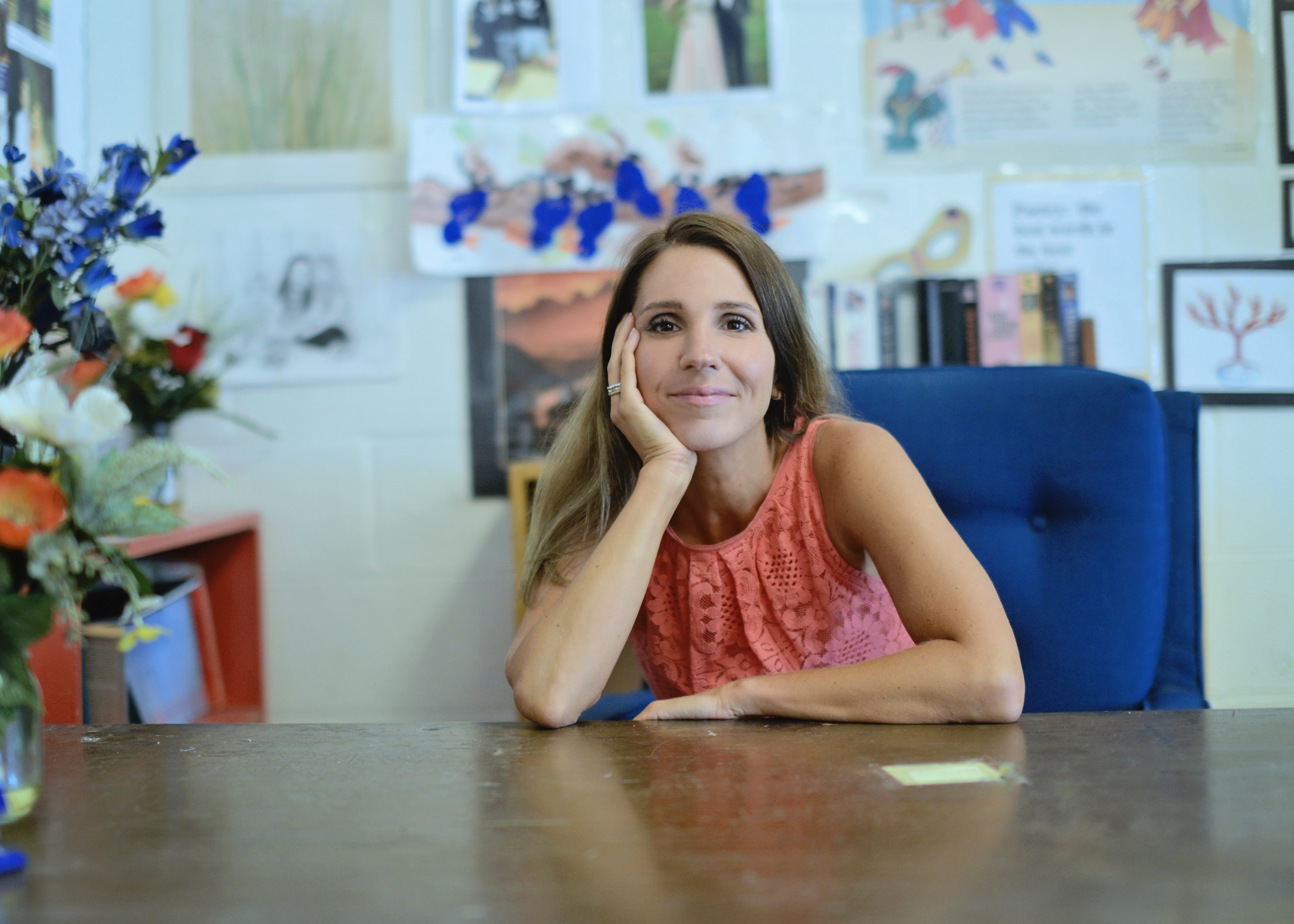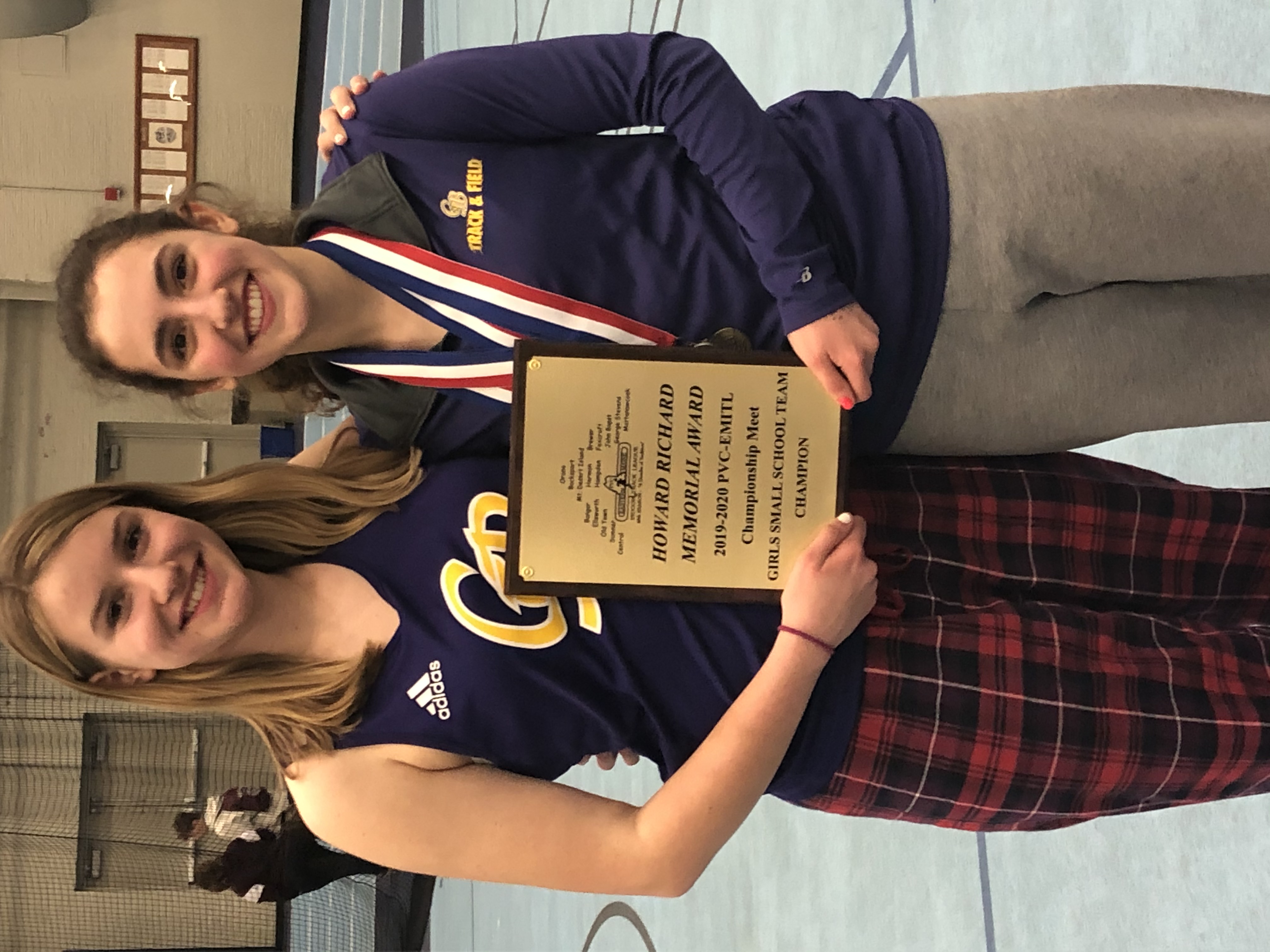When my husband and I were young, in love, and in college we were flat broke. We’d known each other for three months and school was about to go on summer break, so we decided a summer job in Burlington (where we met and fell in love) would be the perfect way to continue our pre-connubial bliss.
He hailed from a quaint Mayberry-esque village in New York and I’m from a Maine mill town, so Vermont felt like the perfect middle ground between both of our towns to be free for a while. Ah, to be 19 and unencumbered again.
Actually, it wasn’t all that unencumbering.
Matt had a seedy apartment off of Church Street on the side of town where anything could happen, and usually did, on any given night. For two white kids from middle class America, watching the police car come next door every other evening because Angel was mad at her boyfriend for cheating on her with her sister, again, as she took a bat to the windshield of his Buick, again, it was a real eye-opener for us.
On one such night when we could hear Angel screaming epithets a couple of blocks from home, we were stuck on a side street even during the day we tried to walk fast through. Matt’s Chevy Blazer was having car trouble, again. He either had a flat tire or a dead battery or some such issue two LL Bean sweater wearing kids didn’t know how to fix, when a middle-aged man wearing camo, walking sideways, carrying a backpack and rebar (a long metal construction stake which we mistook for a machete) approached us.
Matt told me, “Don’t say anything and stand behind me.”
Now, my husband, then boo, is a lot of things, but imposing isn’t one of them. For a lean, red headed soccer player, he did his best to seem scary.
“Heyyyy kids,” the man slurred as he walked up to us. “What’s the problem?”
I did what Matt said, kept my mouth shut, and cowered behind him.
“Just a little car trouble.”
Matt’s voice sounded strong, even if he wasn’t feeling it, and I remember thinking, Wow, he sounds calm for someone about to get his ass kicked.
Our rebar toting friend swung his backpack to the front, unzipped his bag in a manner that I can only describe as the slowest action I have ever witnessed, and I knew we were about to get mugged or shot or both.
“Wanna beer?”
That’s right. He pulled out a cold beer (he must’ve had ice packs in there, or he bought it cold) and offered it to Matt.
“Hell yeah, buddy,” Matt said.
Charlie was a Vietnam vet, down on his luck, looking for a job. At the time, Matt and I were working for VPIRG, a non-profit consumer and environmental advocacy group made up of lots of broke college kids like us, looking for a way to get paid for walking around rural neighborhoods, talking to people, and asking them if they were aware of the pesticide issue around Lake Champlain.
Apparently, there were a lot of three-legged frogs hopping around in the late 90s and VPIRG wanted to raise money to conduct research into pesticide pollution and how it affected the environment.
All in all, Matt and I really sucked at asking people for money on behalf of the environment. He spent most of his time riding his mountain bike through country roads and taking a break in a different field everyday for lunch, talking to lonely elderly people for far too long in their kitchens or garages, and I spent a lot of time writing in my diary on sidewalks in between rejections.
One afternoon in the middle of a torrential downpour a lady felt so bad that I was canvasing without a coat she gave me a hefty trash bag and said, “There, dear. Now at least you can stay dry while you ask for money for the frogs.”
It was a hard job, but you got to keep a portion of the money you earned and they gave you a flat rate for walking door-to-door everyday, so it paid us enough to buy hot dogs while we watched the Angel and her boyfriend show from behind the blinds.
We told Charlie about our great job while we waited for AAA to arrive, and it seemed like he had all the qualifications he’d need for an informed VPIRG worker — friendly personality, free beer, patriotism, and a hint of “If I pay this guy, will he really get off my porch?” going for him.
I’d like to say that he took it. That we helped him find work, and he became one of the best environmental money raisers in VPIRG history. That we became good friends Charlie, Matty, and me and we shared cold ones every Saturday night on the front stoop while we took turns yelling at Angel’s boyfriend.
The reality is, he kept walking and we breathed a sigh of relief that we’d made it through without crying or embarrassing ourselves too much.
We met Bernie Sanders a couple of times that summer. He’d walk into the office after we’d been out canvassing (riding bikes/diary writing) all day, and I distinctly remember his rolled up white sleeves and the hint of old man smell that accompanied him. He looked like a guy who really had been out talking to people about the environment.
I was too busy asking for glasses of water and giving them some long backstory about who I was and where I was from to worry about those three-legged frogs.
I was just tired of people shooing me off their porches.
He seemed like a real nice guy, Bernie. You could tell he was passionate about getting young people to care about the world they were inheriting and for a couple of weeks, I really did. I really wanted to ask people to care about the frogs and the environment and the world we were living in.
And then I wanted to go back home, back to my parents who washed my laundry and made Sunday boiled dinner and brought me to church so we could sing “On Eagles Wings” together and then took a nap through the Patriots game.
I wanted to go back to my privilege where I wouldn’t really have to see people suffering or walking the street drunk after coming home from a war where no one honored their service or taking a bat to their boyfriend’s car or talking to some young nineteen-year-old kid because they hadn’t seen anybody for weeks and they were old and alone.
I wanted to pretend that it really was “a small world after all” and other people’s problems weren’t my problems anymore because we didn’t come from the same small world.
Then, I married the red-headed kid, and we lived in a bubble of youth and optimism spouting unending support for the poor, underprivileged, marginalized voices in our country. We became teachers and enjoyed raising our children and our students to believe that their voices, their minds could make a difference in this world of injustice, all while remaining a safe distance away from the fray.
But sometimes, you grow as a person. You learn that what you’ve always said to people about what you believe isn’t what you’ve always shown through your actions.
And admitting my privilege — working side by side for and with people who don’t come from what I’ve come from or believe what I believe — this is not something I’ve done.
But living in this present moment in our country, now more than ever, I’m discovering this is exactly what we are all called to do.
And do you know who taught me that my actions needed to reflect my words?
My daughters.
Over the past two years, my daughters have asked me not to get them Christmas presents. Instead, they have researched charities that help battered women, children who live in wartorn countries, refugees, immigrants, those who battle hunger and food insecurity, and those who suffer from mental illness.
They’ve stood up for their LGBTQ friends and have been heartbroken at the thought that any government could take away someone they love’s right to marry someone they love.
For their birthdays, they’ve done much the same. They send out group texts and emails to our family members with lists of charities they can contribute to in lieu of gifts.
They watch the news, read the stories, and are appalled by the state of the world and rather than ask me “How can I make a difference, Mumma?” they tell me how they want me to make a difference.
They would make excellent canvassers. They would make even better politicians. And they will make excellent future vice-presidents, and dare I say, presidents, of our country.
In fact, they’d like to campaign together.


